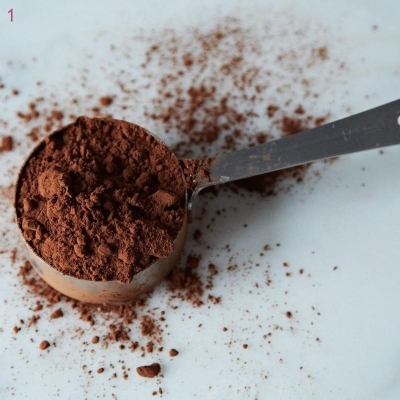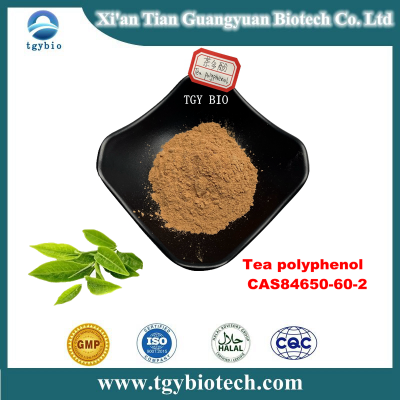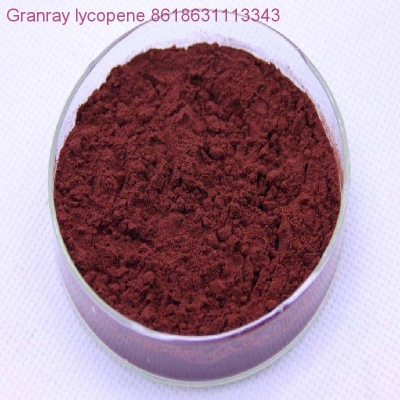-
Categories
-
Pharmaceutical Intermediates
-
Active Pharmaceutical Ingredients
-
Food Additives
- Industrial Coatings
- Agrochemicals
- Dyes and Pigments
- Surfactant
- Flavors and Fragrances
- Chemical Reagents
- Catalyst and Auxiliary
- Natural Products
- Inorganic Chemistry
-
Organic Chemistry
-
Biochemical Engineering
- Analytical Chemistry
-
Cosmetic Ingredient
- Water Treatment Chemical
-
Pharmaceutical Intermediates
Promotion
ECHEMI Mall
Wholesale
Weekly Price
Exhibition
News
-
Trade Service
A new study found that vitamin K2 may delay or prevent Alzheimer's disease (Alzheimer disease, AD) potential Relationships between disorders, cognition, cardiovascular health, gut dysbiosis, Alzheimer's disease comorbidities, and more
AD is an insidious onset, chronic progressive central neurodegenerative disease and the most common form of dementia worldwide
The number of dementia patients in China ranks first in the world.
Alzheimer's disease is not exclusive to the elderly, and the youngest age of onset has been recorded at 36 years
The study shows that vitamin K2 is present in fermented foods and animal products, and that gut bacteria can also produce vitamin K2, which is an important nutrient for human health
As a central neurodegenerative disease, the two main pathological features of Alzheimer's disease are the deposition of β-amyloid (Aβ) leading to the formation of senile plaques and the hyperphosphorylation of tau protein leading to neurofibrillary tangles, both of which are It can cause neuronal apoptosis and reduce the patient's learning and memory ability
The researchers first considered the effects of vitamin K2 and growth arrest-specific protein 6 (Gas6) on Aβ
Similar conclusions were reached in a 2021 study in the rat astrocyte C6 cell line, which was transfected to express Aβ
In addition, vitamin K2 helps reduce mitochondrial damage, reduces cognitive dysfunction, and exerts neuroprotective effects; considering its benefits in cardiovascular health, vitamin K2 also helps reduce increased atherosclerosis, arterial calcification, and arterial stiffness risk of dementia and cognitive impairment; prevention and treatment of type 2 diabetes, osteoporosis and depression to reduce risk factors and comorbidities of Alzheimer's disease; improve gut microbiome and modulate gut microbiota , thereby reducing the risk of Alzheimer's disease
The findings show that vitamin K2 improves neuronal health by reducing Aβ-induced apoptosis, limiting oxidative stress, reversing microglial activation, inhibiting neuroinflammation, and improving vascular health, among other mechanisms
Since numerous pharmacological trials have yet to find an effective drug to treat or prevent Alzheimer's disease, AD research has turned to non-drug interventions
In addition to nutrient interventions, an article recently published in The Lancet also made recommendations for delaying and preventing dementia
There is currently no way to effectively slow or completely stop the progression of dementia.
(Source: New Nutrition)
"China Food News" (September 08, 2021 03 edition)
(Editor in charge: Zhou Yan)







